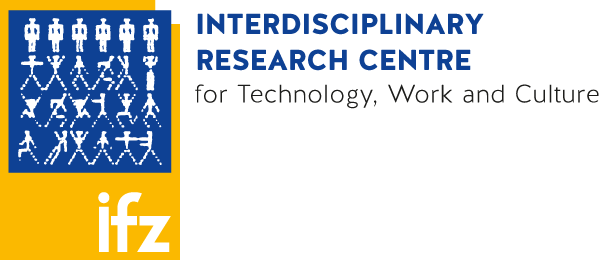Intelligent and green?
User-centred Scenarios for Information Technology Use in Sustainable Buildings
Austrian Federal Ministry of Transport, Innovation and Technology
2001-2002
- Centre for Social Innovation (ZSI)
- Austrian Ecology Institute
The aim of the project was to develop 'user-centred' perspectives on the installation of information technologies (IT) in sustainable residential buildings (i.e. intelligent buildings and smart homes from a sustainability point of view). With 'user-centred' we mean mainly two approaches: a) to focus on the interface between IT-applications in sustainable buildings and its users; b) to develop scenarios and assess potentials for IT-use with the participation of potential users. Several international studies on the development of 'intelligent building'-technologies point to the problem of a predominantly technology push oriented approach and the poor orientation towards issues of usability and user needs. However, based on the provision of new technologies and services, changing lifestyles and a growing dissemination and acceptance of IT-applications in general, it is very likely, that IT use in buildings will grow significantly. Before the background of this development it is desirable to give social issues (social inclusiveness, user participation) and ecological aspects (use of resources, promotion of ecological behaviour) more weight at an early stage. Project steps:
- Detailed analysis of user experiences with IT in existing innovative buildings - 'user scripts', which features are used / not used, which ones are used differently than originally intended, which ones are criticised. Interviews and participant observations will centre on questions such as: How can existing applications be designed more user-friendly? Which services do contribute to a less energy and resource intensive use of the building? Which additional services should accompany IT-applications in buildings?
- User need analysis by setting up several focus groups covering different user groups (e.g. young single households, both partners employed, elderly people). These 'discussion groups' consisting of 6-8 participants each will deal with expectations and wishes of potential users. Moreover participants will assess scenarios and certain IT applications from their point of view.
- International workshop with other research groups working on IT and sustainable buildings.
more information and downloads: http://www.hausderzukunft.at
